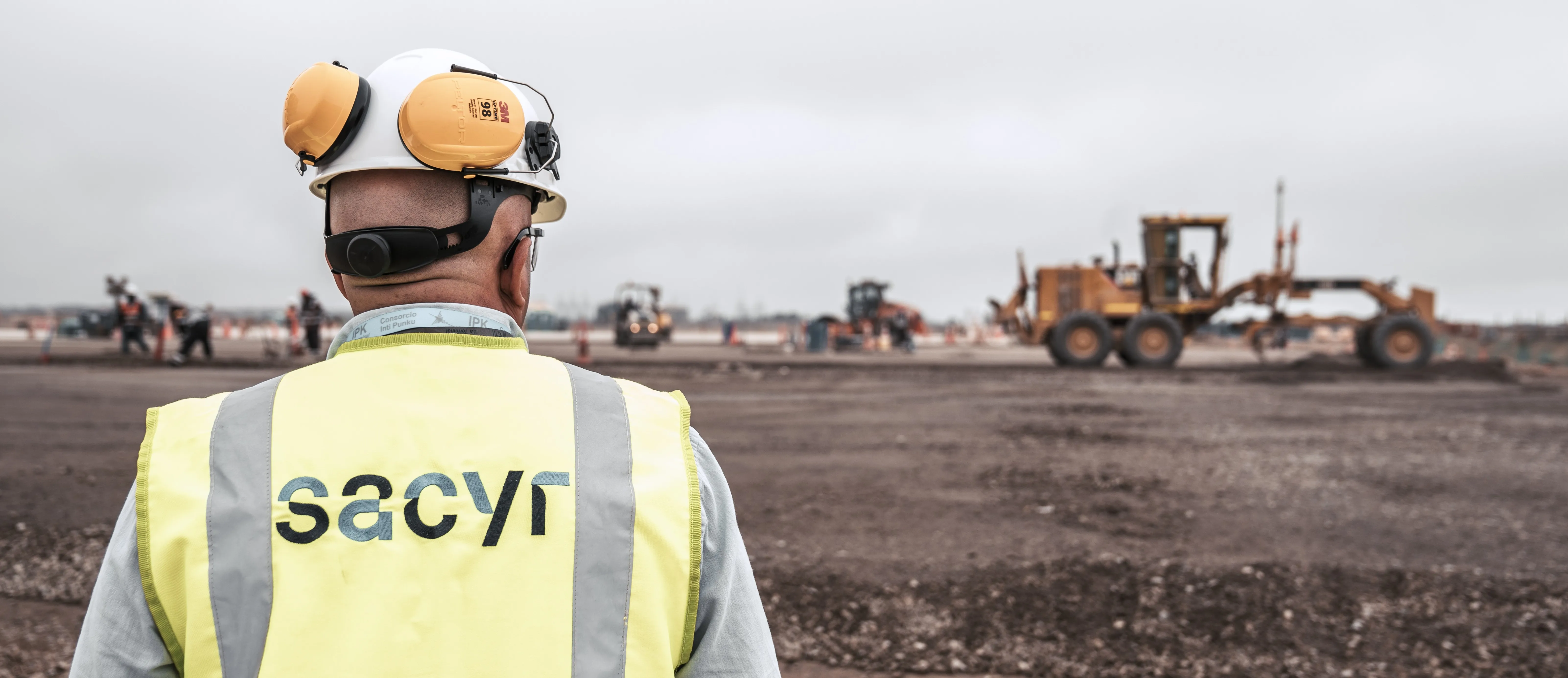The highway concession model is said to be proving successful in Peru, according to data released by transport infrastructure regulator Ositran.
February 13, 2012
Read time: 1 min
The highway concession model is said to be proving successful in Peru, according to data released by transport infrastructure regulator 2586 Ositran. Vehicle traffic has grown 500% on routes developed under the concession model in the last five years. Journey times have at the same time been reduce by 50% on the road concession routes, according to Ositran. At present Peru's Government has awarded 25 concession contracts, including roads, railways, airports and ports and worth a total of US$6.78 billion.








